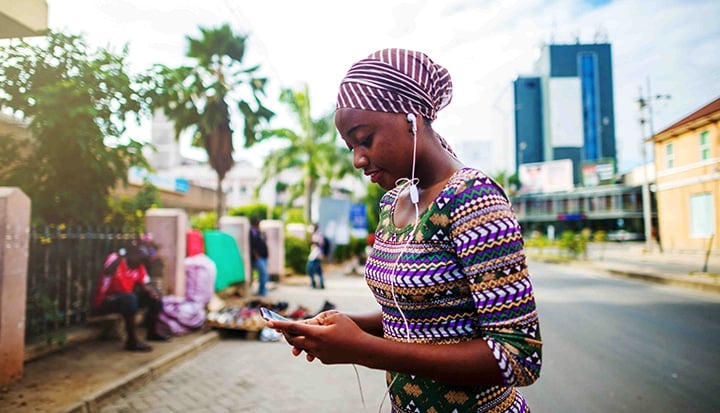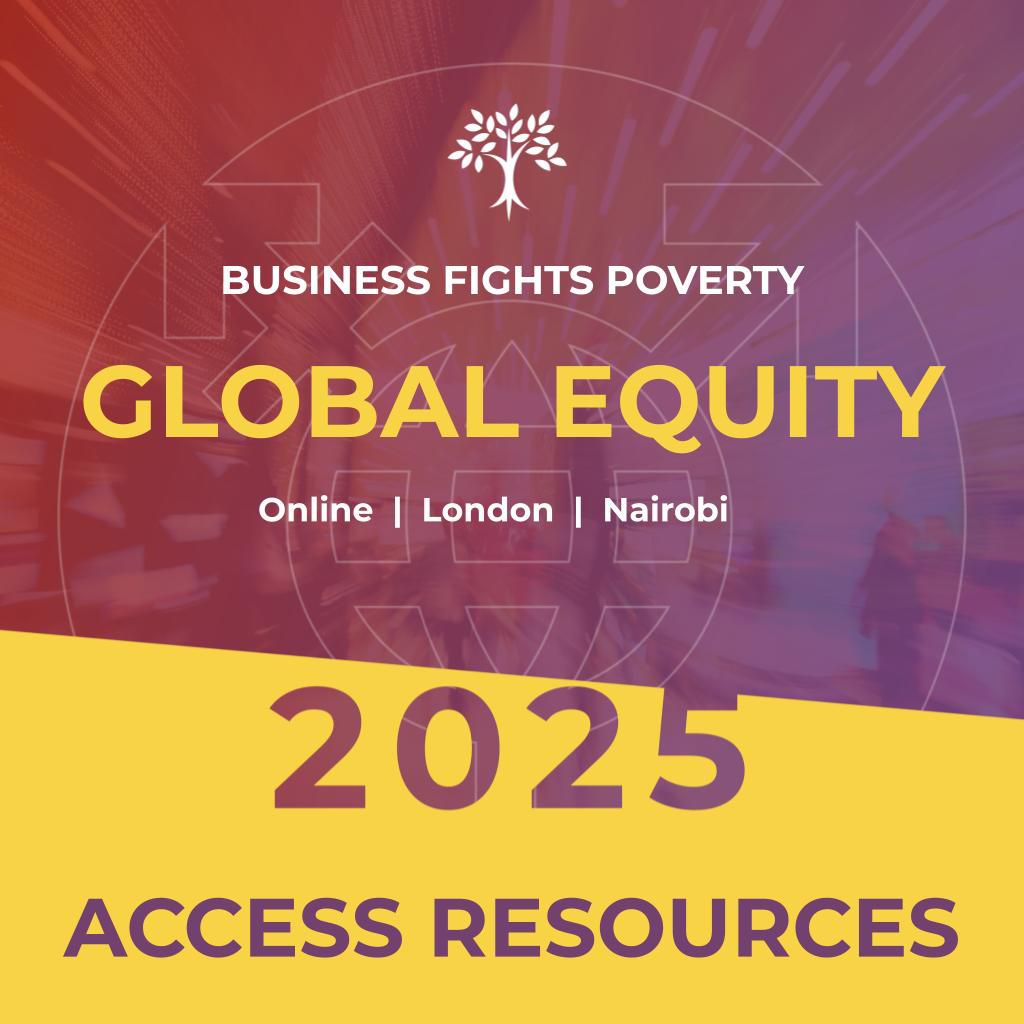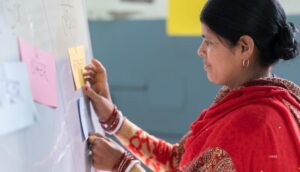In the months since the COVID-19 outbreak started, it has already wreaked havoc on global economies; It is estimated that almost half the world’s population is at risk of job loss due to COVID-19, and the World Bank has forecasted that the pandemic will cause the largest recession in over 50 years. Industries such as tourism are not expected to fully recover from the economic shock for several years, and global trade and demand are already decreasing.
The economic impact of COVID-19 is being felt globally, but economies classified as ‘emerging’ and ‘developing’ by the World Bank, which includes those in sub-Saharan Africa, Asia, and Latin America, are likely to be hardest hit. The combination of largely informal workforces, decrease in export demand, and existing economic instability is expected to result in an outsize impact in countries such as South Africa, Brazil, and Indonesia.
 In sub-Saharan Africa, it has been predicted that coronavirus will result in the first recession in that region for 25 years. Most countries in the region have not yet experienced their peak in COVID-19 cases, and it’s possible that coronavirus-related measures and the related economic impacts will continue for some time. Kenya, for example, has already experienced over 1.2 million lost jobs, but continues to implement lockdowns and curfews in key areas such as Nairobi. South Africa, which has the highest number of COVID-19 cases in sub-Saharan Africa, has begun lifting restrictions and introduced a stimulus package, but many experts say more is needed to spur an economic recovery.
In sub-Saharan Africa, it has been predicted that coronavirus will result in the first recession in that region for 25 years. Most countries in the region have not yet experienced their peak in COVID-19 cases, and it’s possible that coronavirus-related measures and the related economic impacts will continue for some time. Kenya, for example, has already experienced over 1.2 million lost jobs, but continues to implement lockdowns and curfews in key areas such as Nairobi. South Africa, which has the highest number of COVID-19 cases in sub-Saharan Africa, has begun lifting restrictions and introduced a stimulus package, but many experts say more is needed to spur an economic recovery.
In order to better understand the economic impacts of COVID-19 being felt on-the-ground by those in sub-Saharan Africa, mobile research company GeoPoll recently undertook a study in Côte D’Ivoire, Kenya, Mozambique, Nigeria, and South Africa. The study was conducted in June 2020 by a two-way SMS survey with 2,500 respondents total, and was nationally representative by age, gender, and location.
GeoPoll’s study provides both private sector businesses and international development organizations with crucial information on the effect coronavirus has had on employment, income, loans, and mobile money usage, which allows them to make future decisions based on accurate data. Findings demonstrate the huge impact coronavirus has already had on economics in the region; 60% overall say they are unable to work due to COVID-19, and three-quarters say that their income has decreased.
The impact is being felt most by informal workers, such as farmers, cleaners, transportation workers, and sellers, who the International Labour Organization report make up 80% of sub-Saharan Africa’s workforce. Of those in informal jobs, 88% say their income has decreased, and 56% are not sure or will not have a job to go back to after coronavirus. Informal workers are also more likely to be relying on loans and savings to pay their expenses, rather than income.
Overall almost 50% of respondents state they have taken out a loan specifically to cover COVID-19 related expenses, with those in lower income brackets being more likely to have taken out a loan. The study also found that only 17% have received any form of aid since the beginning of the pandemic. For both businesses and governments, this information is vital as new policies are developed that address the economic fallout of the pandemic. Digital loans have increased in usage in sub-Saharan Africa in recent years, but have also spurred concerns around an increase in debt and predatory lending terms. With the knowledge that low-income and informal workers are being hardest hit by the economic impacts of coronavirus, businesses can tailor programs to them by making more favorable loans available and exploring other options to provide aid.
The economic fallout of COVID-19 around the globe is already catastrophic, and the private sector has an opportunity to help those who need it in the form of low-interest loans, employment opportunities, food aid and more. Studies such as this one, which is available to read in full here, can assist businesses looking to make data-driven decisions as the coronavirus outbreak continues to impact all facets of life.










